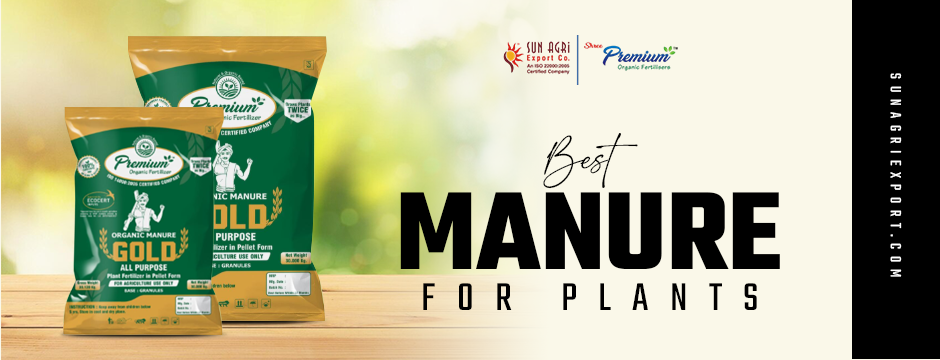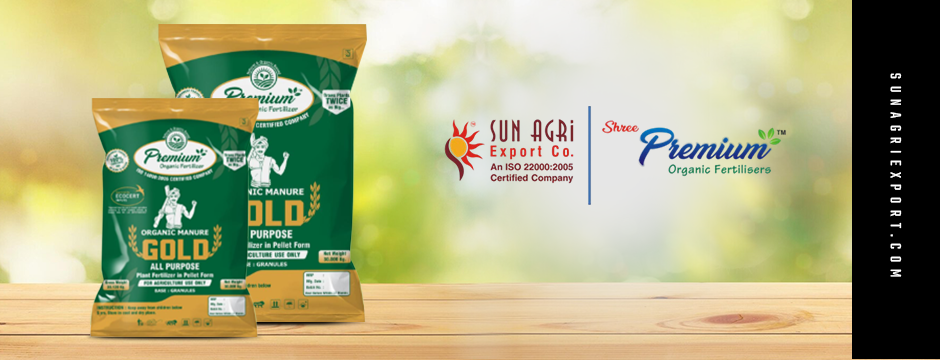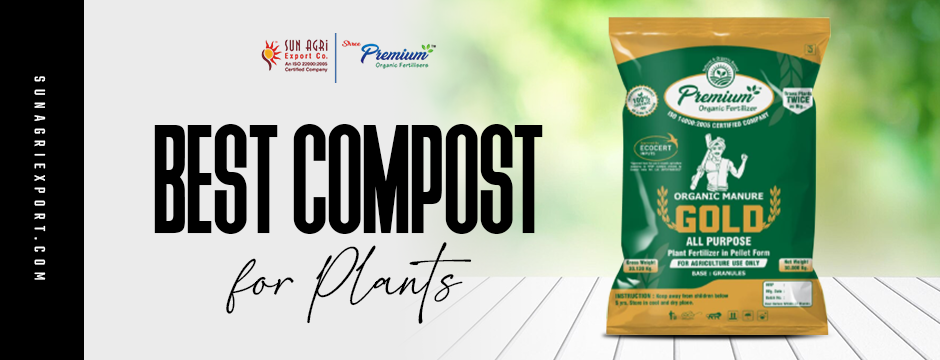Gardening and farming rely heavily on healthy soil. A key component of good soil health is using the right manure. Manure adds essential nutrients, improves soil structure, and supports plant growth naturally. However, with so many options available, it can be difficult to know which type of manure is suitable for your specific soil. This guide will help you understand how to choose the best manure for plants for different soil types so you can grow stronger, healthier plants.

Understanding Soil Types
Before selecting manure, it is important to understand the type of soil you are working with. Each soil type has its own texture, nutrient level, water-holding capacity, and drainage properties. The most common soil types include:
1. Sandy Soil
This soil contains large particles and allows water to drain rapidly. It warms up fast in the spring but loses nutrients easily due to leaching. Sandy soil often feels gritty and dries out quickly.
2. Clay Soil
Clay soil has very fine particles that hold water well but drain poorly. It becomes compacted easily and may be heavy and sticky when wet. However, it is rich in nutrients.
3. Loamy Soil
This is the ideal soil for most plants. It is a well-balanced blend of sand, silt, and clay. Loamy soil holds moisture well, drains effectively, and is rich in nutrients.
4. Silty Soil
Silty soil has smaller particles than sandy soil and feels smooth. It retains water well and contains nutrients, but it may compact and drain poorly if not managed properly.
5. Chalky Soil
This soil is alkaline and often stony. It may lack certain minerals like iron and magnesium and can cause yellowing of leaves in some plants. Nutrient availability is also limited.
Therefore, while looking for the best manure for plants, you have to be very sure about the soil types.
Types of Manure
Manure comes in many forms, and not all are equal in nutrient content or texture. The most common types include:
- Cow manure – well-balanced but can be bulky.
- Chicken manure – rich in nitrogen but can be too strong if not composted.
- Horse manure – good structure, but may contain weed seeds.
- Sheep or goat manure – high in nutrients and less smelly.
- Organic manure pellets – easy to use, slow-releasing, and often odourless.
The best manure for plants depends not only on its nutrient profile but also on how it interacts with your soil type.
Matching Manure to Soil Type
To get the best results, it’s essential to match the manure with your specific soil conditions.
For Sandy Soil
Because sandy soil loses nutrients and water quickly, it benefits from manure that improves moisture retention and adds long-lasting nutrients. Cow manure or composted chicken manure is a good choice. Organic pellet-based manure also works well as it breaks down slowly and helps retain moisture.
For Clay Soil
Clay soil holds nutrients well, but needs help with drainage and aeration. Adding bulky organic matter like horse manure can improve its structure. Sheep manure is also helpful as it adds nutrients without overly compacting the soil.
For Loamy Soil
This balanced soil type requires maintenance rather than major improvement. The best approach is to use well-rotted organic manure, such as composted cow or chicken manure, or slow-release organic pellets to maintain nutrient levels and encourage soil microbes.

For Silty Soil
This type can compact easily, so avoid very wet or heavy manures. A light layer of composted manure or organic pellets helps maintain structure without increasing water retention too much. Goat manure is also a good option due to its fine texture and nutrient content.
For Chalky Soil
Chalky soil needs manure that improves nutrient content and slightly lowers the pH. Acid-forming manures like cow or horse manure can help balance the alkalinity. Avoid manures with high lime content, as these can worsen the pH imbalance.
Tips for Using Manure Effectively
To get the most benefit from manure, proper usage is key. Here are some straightforward tips to assist you:
- Always compost raw manure before use to reduce harmful bacteria and avoid plant burn.
- Apply in the off-season or during soil preparation before planting to allow nutrients to break down.
- Mix thoroughly into the soil rather than leaving it on the surface to reduce odours and improve absorption.
- Use the correct quantity to avoid over-fertilising. Too much manure can damage plants or cause nutrient imbalances.
- Test your soil regularly to know what nutrients it lacks and adjust manure use accordingly.
Benefits of Using the Right Manure
Using the best manure for plants not only boosts their health and productivity but also contributes to the long-term sustainability of the soil. Proper manure use leads to:
- Improved soil structure and aeration
- Better water retention and drainage
- Enhanced microbial activity in the soil
- Reduction in chemical fertiliser and pesticide use
- Higher crop yield and better plant resistance to disease
By improving the natural balance of your soil, you’re also creating an environment that supports biodiversity and reduces environmental harm

Nourish Your Soil Naturally with the Best Compost for Plants from Sun Agri Exports
If you’re looking for the best compost for plants, Sun Agri Exports is your trusted source for premium organic solutions. With a strong focus on sustainability and soil health, Sun Agri Exports offers high-protein organic fertilizer in pellet form, made from 100% organic materials without any harmful chemicals. Our eco-friendly compost is certified by ECOCERT and enriched with essential nutrients like nitrogen, phosphorus, potassium, and 16 types of micro and macro elements including iron, zinc, and magnesium. Easy to apply and highly effective, our fertilizer improves soil structure, supports microbial activity, and delivers visible plant growth within just 12 days—making it an ideal choice for all soil types and crops.
Final Thought
Choosing the right manure for your soil type is key to achieving healthy, productive plants. Understanding your soil’s needs and matching it with the appropriate manure helps improve fertility, structure, and nutrient absorption. For long-lasting results, opt for organic options that support soil microbes and reduce the need for chemicals. If you’re searching for the best manure for plants, select nutrient-rich, eco-friendly solutions that work across all soil types and deliver visible growth naturally and sustainably.





